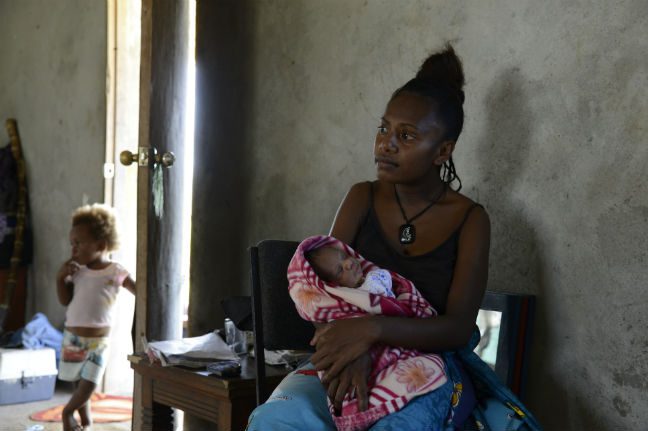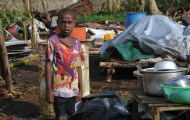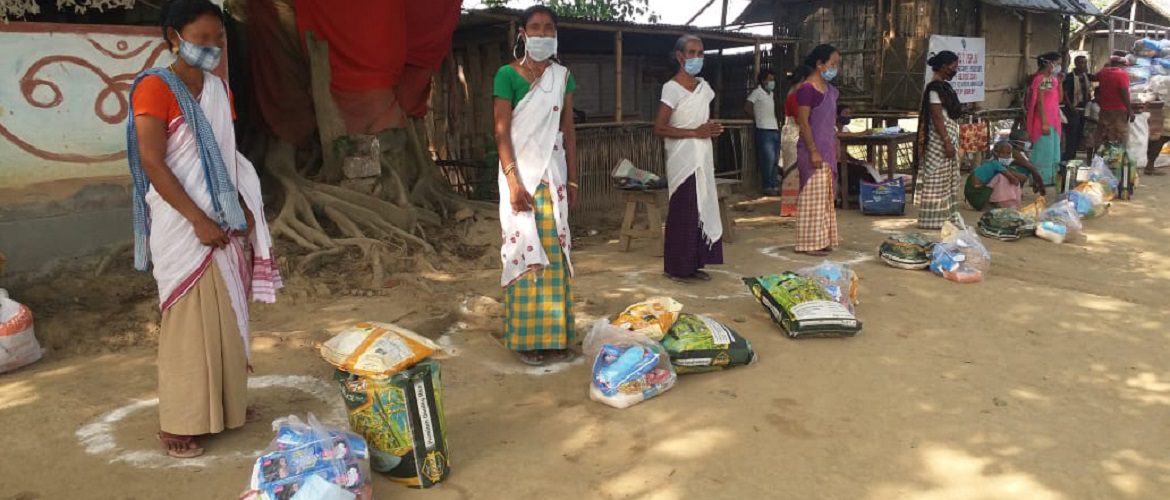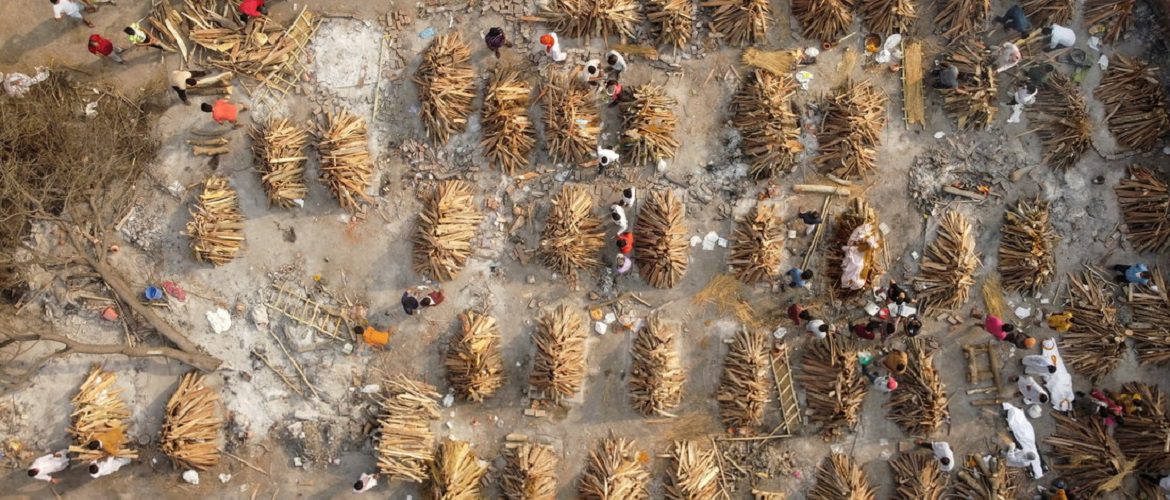By Amy Christian, Oxfam Australia Communications Coordinator in Port Vila.
Twenty minutes drive east from Port Vila is a community called Etas. Homes are nestled among the trees along windy roads that snake up the hillside. A week ago when Cyclone Pam hit, families in Etas did their best to hide from the ferocious storm, taking shelter in small churches and in neighbours’ homes made of concrete.
Most people living in Etas have simple homes made from logs and sticks with tin roofs. Many of these were completely destroyed last week, along with their vegetable gardens, banana trees and water storage containers.
Lisa was heavily pregnant when the storm started. She and her husband decided to leave their home though and take shelter in a nearby church with some of their neighbours. They didn’t believe their house could withstand the storm. And they were right.
“During the storm we were here inside the church,” Lisa recounts to me. “The water was coming inside, the roof was not off but the nails were coming out so the men had to go outside and nail it down. The door was blowing open so the men were trying to shut it.
“My only thought was that ‘this is the end’.
“My babies were crying but we couldn’t go outside because it was so bad. We had to stay up all night because the room was filled with water. We stayed in one corner of the room and the men tried to keep the water away from us. We were on the floor in the water all night. We were stuck in that corner all together.
“The storm stopped about three or four in the morning and at five we went outside. When we stepped outside we could see there were no more leaves and no more houses. Everyone was outside crying because we have lost everything.
“My house is so damaged there is nothing left. We went to the house to try to save some of our things. Our photos got wet but we rescued them and our parents’ awards and medals for teaching and sport.”
The day after the storm, Lisa started having contractions and was taken to the hospital in Port Vila to have her baby. Jeremiah is now just seven days old and his family has been left without a home, food or any clean water. Lisa tells me how worried she is about him.
“Our home is completely destroyed so we have come to the church to live for now,” she says. “Living here is bad; it’s hard because of the water. It’s hard to find water and food because the cyclone damaged all of the garden.
“After the storm the water is dirty but we have to use it to wash and drink because there is no other water.”
This weekend Oxfam started work supporting the government to supply water to the families in Etas and other areas that were hit by the storm. A lot more needs to be done to help families like Lisa’s recover, but for now at least she has clean water for her family.
“We are very happy to have you helping us with clean water,” Lisa told me, “I think this water will help my baby and me because this water is clean and I can use it to drink and wash clothes. We have been drinking dirty water from the river for three-and-a-half days now.”
You can help provide clean water to families affected by Cyclone Pam. Please give generously.




